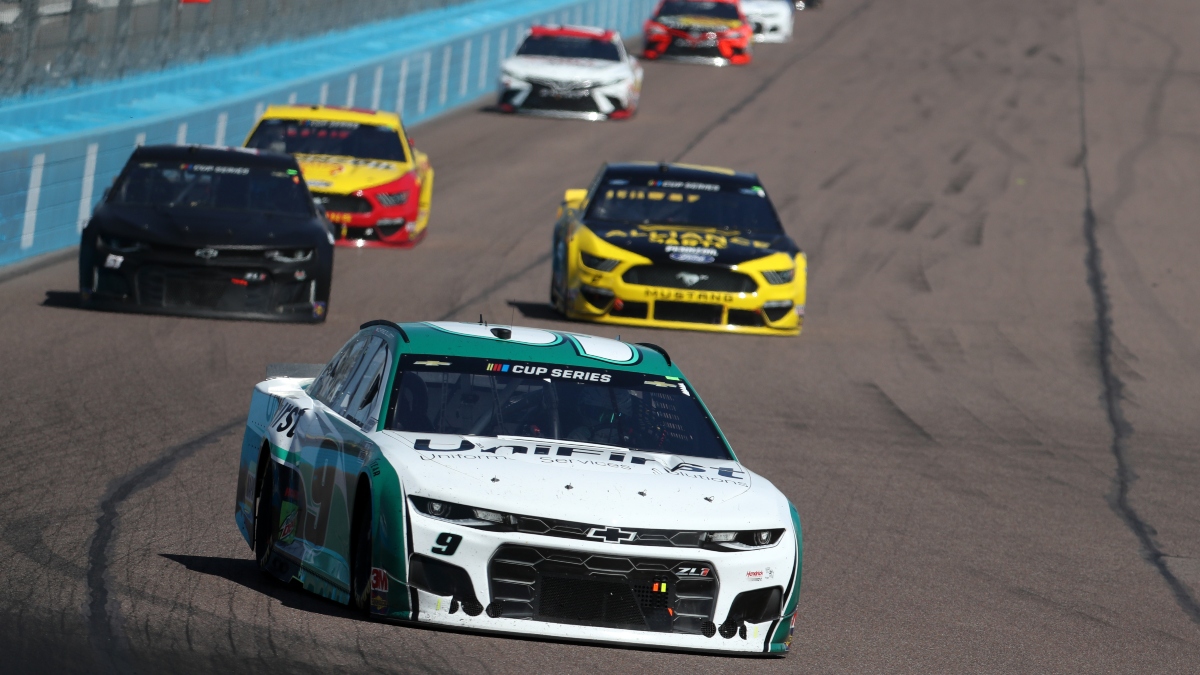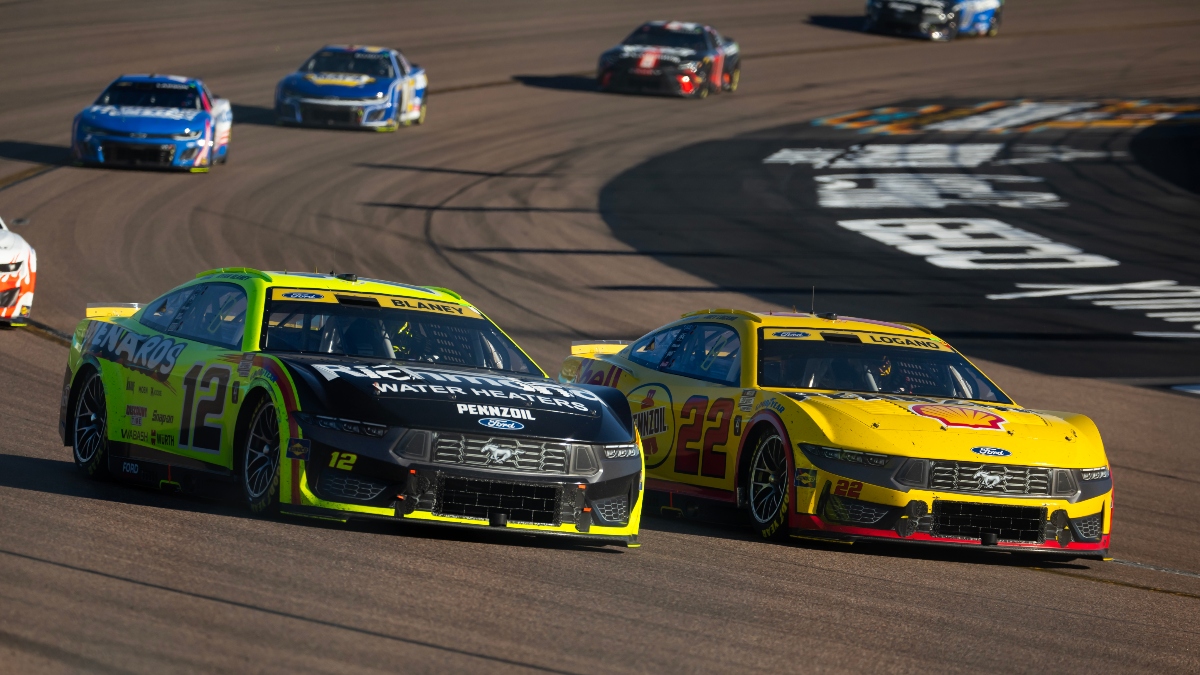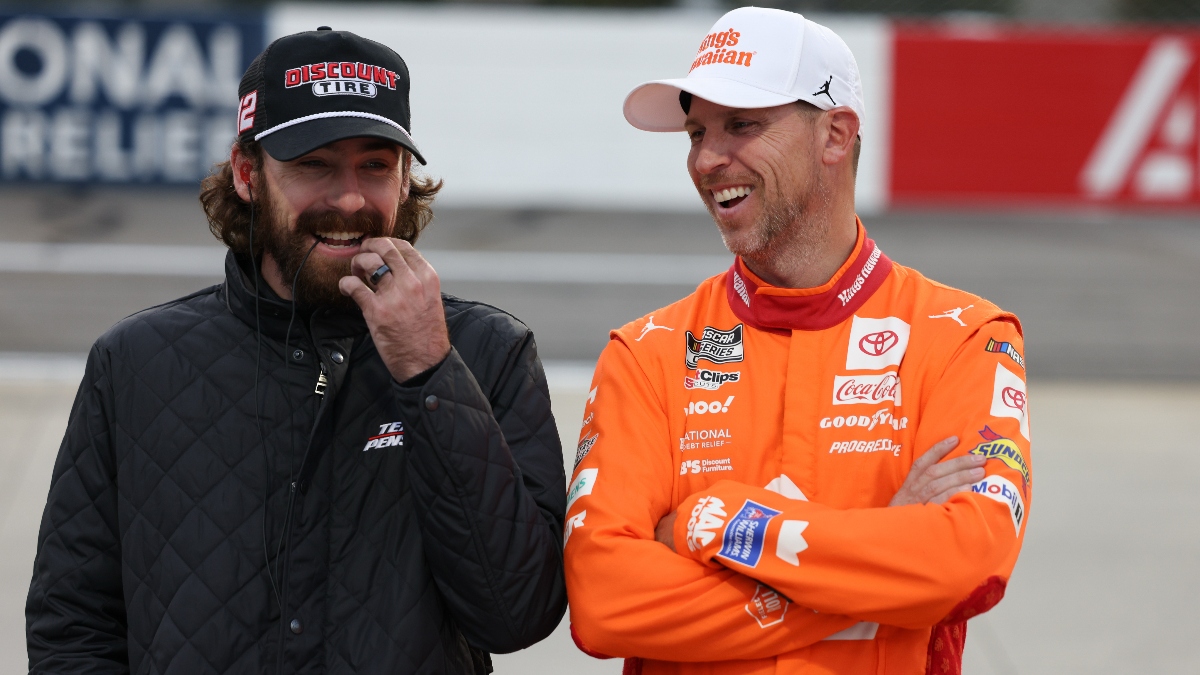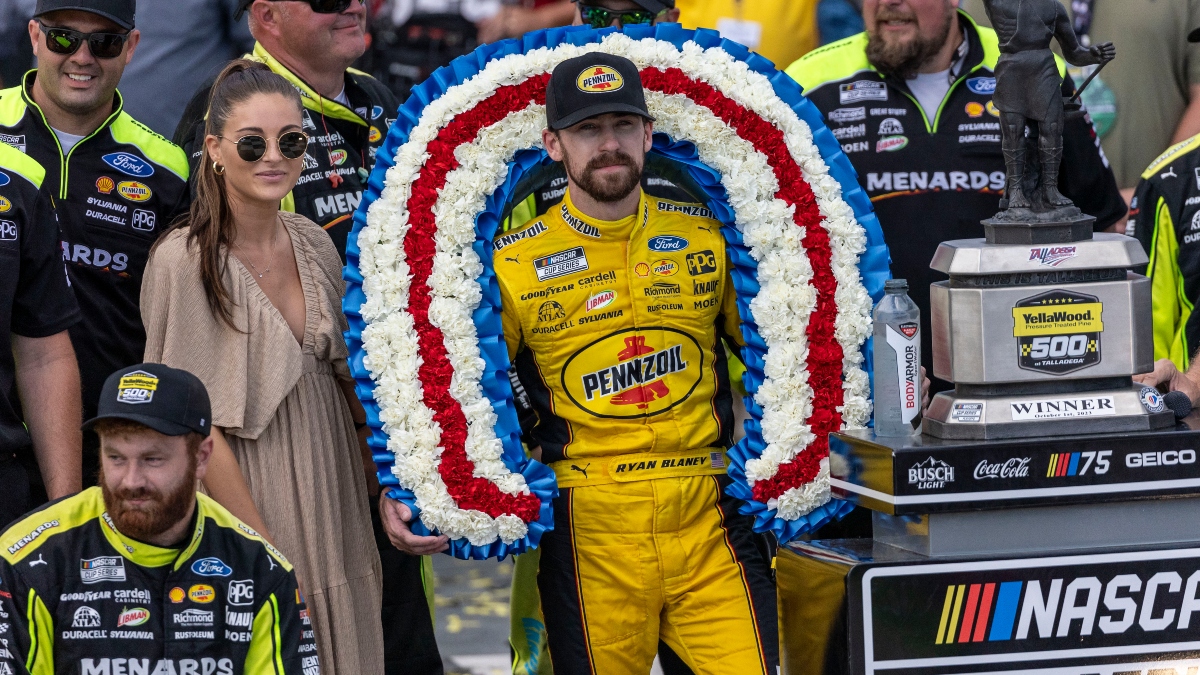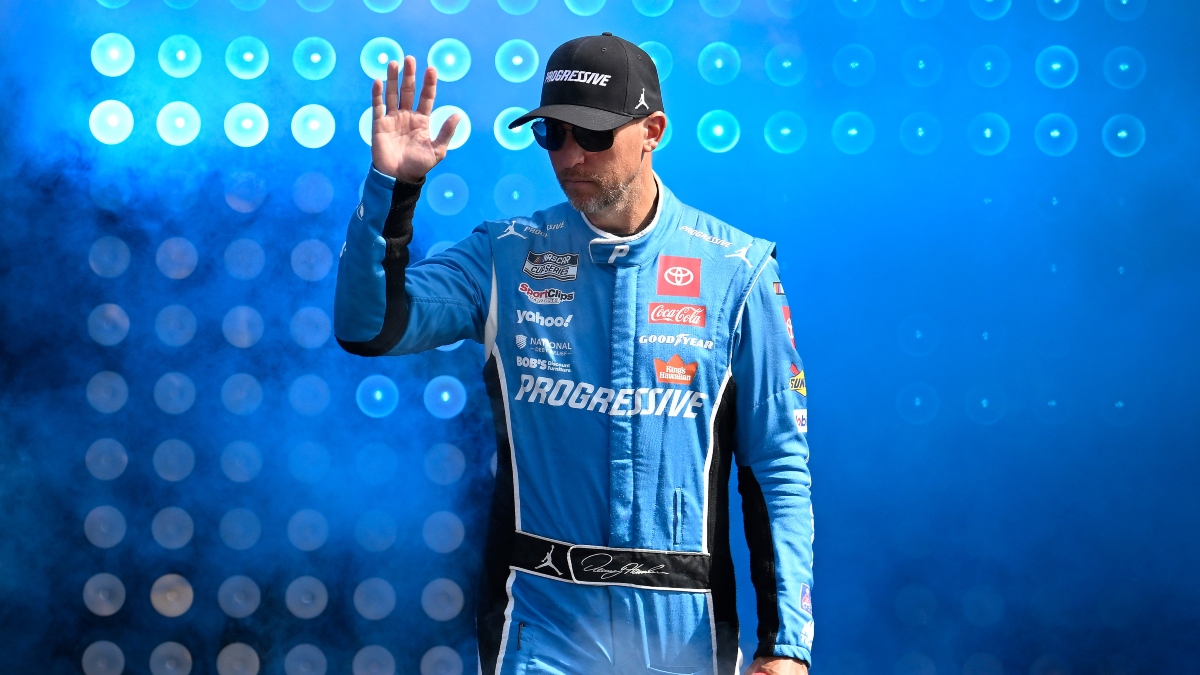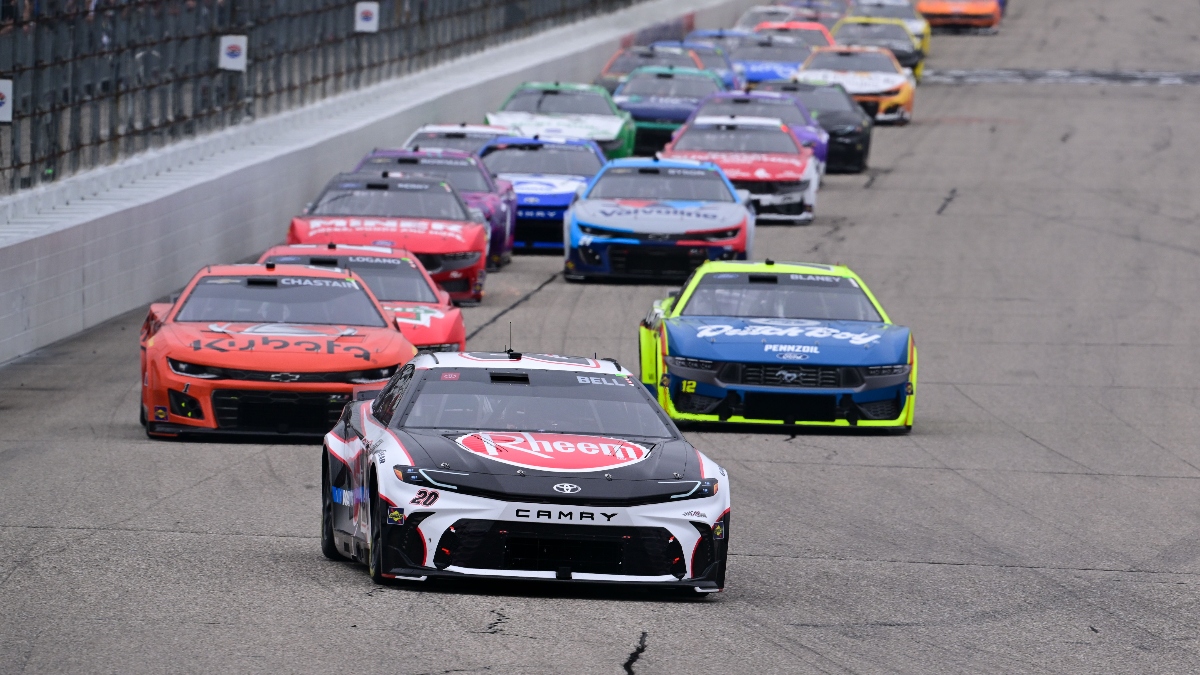From a betting standpoint, NASCAR is unique when compared to the other major U.S. sports, like football, basketball, baseball and hockey, for many reasons.
But perhaps the biggest difference, especially for sports bettors, is practice.
For those new to NASCAR, each race week includes practice sessions at the track, allowing drivers and teams to get real laps in conditions similar to those of the race. This lets crews work on the cars and make them drive better (and faster) for the race itself.
In addition, these practice speeds are posted on NASCAR.com, which is extremely helpful in trying to handicap which drivers will be best during the race.
So what should bettors look for in practice when trying to find value?
Here are three tips to help you properly evaluate NASCAR practice.
3 NASCAR Betting Tips for Evaluating Practice
Want to bet on NASCAR? Get up to a $500 safe bet at FanDuel today or see more offers and reviews for the best online sportsbooks.
1. Focus on long runs vs. one-lap speed
NASCAR.com does a great job of posting single-lap speeds as well as longer-run averages in five-lap increments, which are all sortable. Instead of basing betting decisions on single laps, look deeper into practice runs and see which drivers are faster over 10 laps, 15 laps, 20 laps and potentially even longer runs.
Remember, races are long, so backing drivers with fast cars over the long haul is a smart way to invest in NASCAR.
2. Know the track type
In my experience, practice performance is more predictive of speed in the race itself at intermediate racetrack with significant tire wear. These tracks include Auto Club Speedway, Atlanta Motor Speedway, Homestead-Miami Speedway, Chicagoland Speedway and Darlington Raceway.
In addition, track size matters as well.
For example, a 15-lap run in practice at Auto Club Speedway — a 2.0-mile track — is much more significant than a 15-lap practice run at Martinsville Speedway — a half-mile circuit.
They're both "15-lap runs," but 15 laps at Auto Club represents 30 miles while being just 7.5 miles at Martinsville.
Obviously, 30 miles in a single run tells us a lot more about the overall speed of the race car than just 7.5 miles at a shorter track.
3. Listen to driver interviews
Speeds don't tell the full story in practice, especially at the majority of tracks that don't offer high tire wear like I explained above.
Practice does matter in some capacity at all tracks, but it's important to understand just how much to weigh it depending on the location of the current week's event.
Driver quotes are another good way to help wade through the data and pick out who will be fast on raceday. Part of the practice broadcasts include interviews with drivers, who often give valuable feedback regarding their cars that you can't see on a time sheet.
In fact, some drivers, like Chase Elliott, never seem to dominate practice even if they have great cars. I refer to Elliott as a "feel" driver, similar to Jeff Gordon, who focuses more on getting the car to feel a certain way throughout a run as opposed to raw speed, therefore he won't necessarily top the board in practice.
But Elliott is also honest in interviews and will often explain how good or bad the car is.
On the other hand, when Kevin Harvick has it, he shows it. If Harvick is fast, he dominates practice and wants to rest of the field to know it.
So if you see Harvick at the top of the practice board, especially over long runs, he often will also have that speed in the race.


